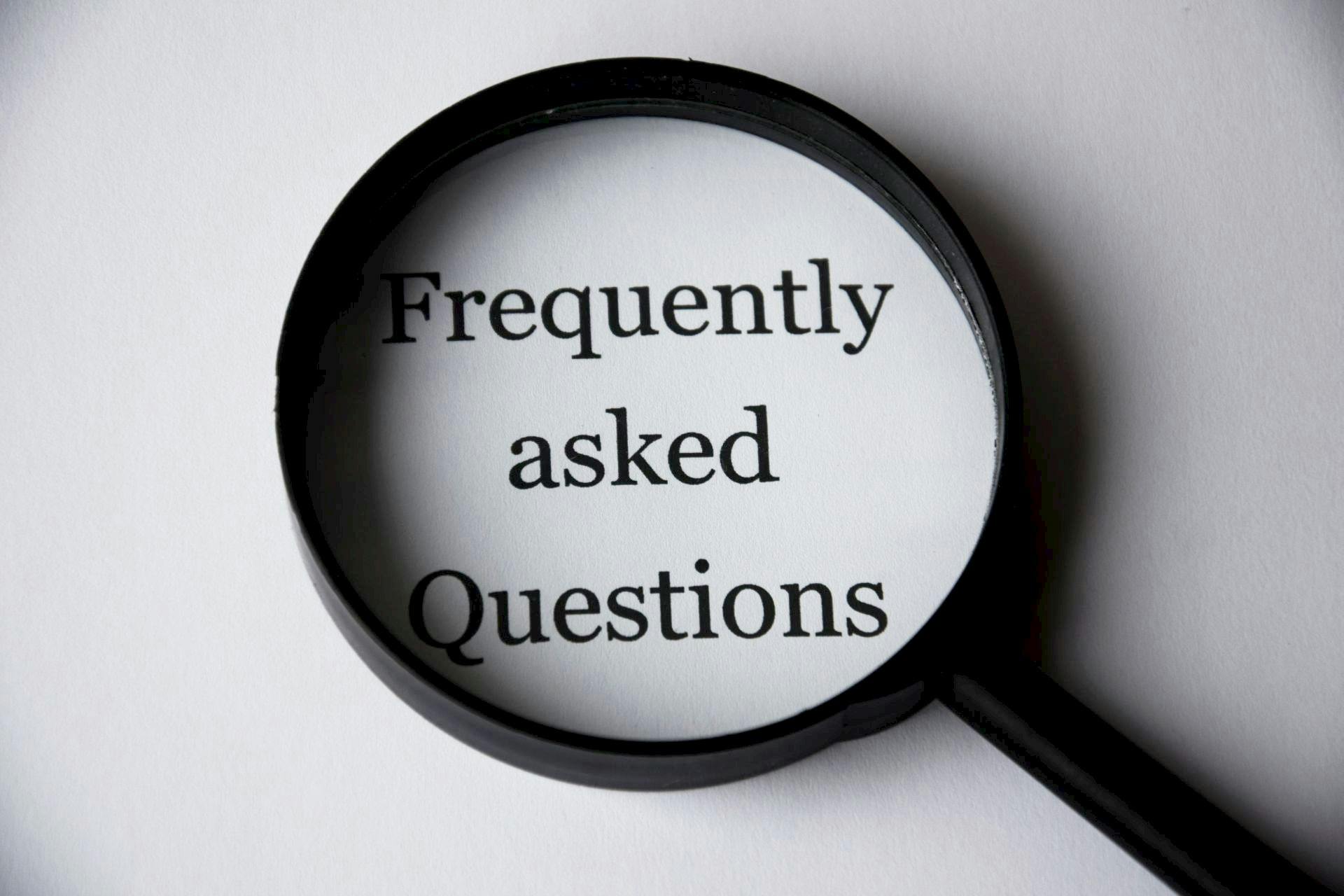What Is Diagnostic Testing And How It Can Help You
Diagnostic testing plays a crucial role in providing valuable information that helps healthcare professionals make accurate diagnoses and develop effective treatment protocols, which may include personalised medicine.
Not all patients fit the off the shelf offer of dosing format, strength or reaction to additives they include.
For patients where off the shelf medication doesn't work, solutions can come from personalising the dose or format to an individual.
Diagnostic tests allow healthcare professionals to monitor changes in disease markers or indicators over time.
This helps assess the effectiveness of a treatment plan, the dosing required for the next stage of treatment and to make adjustments as needed.
Diagnostic test results empower patients with information about their health status. This allows patients to actively participate in decisions about their treatment plans, lifestyle modifications and the results of this more personalised approach.


Diagnostic Testing Price Lists
We provide kits for a private and simple functional diagnostic test service. These results can be interpreted by your health practitioner who can recommend the next steps.
These are a wide range of tests available for various health conditions, so please contact us to find out more.
Our more popular tests focus on three main areas:
- Hormone Imbalances
- Stool Analysis
- Adrenal Stress Profile
A new test recently introduced is the myDNA Comprehensive Health Report which supports practitioners to deliver holistic and preventative approaches to health. The report examines specific genetic markers offering a personalised insight into the root cause of health issues.
The Ordering And Results Process
1. Order Your Test Kit
Order the test kit from us directly by contacting us, or pick it up in person at our Auckland store. Your practitioner might already have one, so you may be able to collect kits from them directly as well.
Test kits are free, you just need to pay for freight if you aren't collecting them in person. Our team will advise you of freight costs when you speak to them.
2. Collect Samples
Follow the instructions included in your test kit for how to collect your sample.
Make sure you store your sample in the fridge before you send it to us.
Fill out the diagnostic request forms which are found in the test kits (or you can download them below).
3. Return Samples
Return your sample to us via courier (a pre-paid courier bag is provided) or drop it off in person at our Auckland store.
We send your sample to the testing laboratory in Australia on Mondays and Wednesdays or the next working day if it is a public holiday.
You or your practitioner can expect to receive your results by email approximately 1-3 weeks after CompoundLabs receives your sample.
What Is The Difference Between Saliva And Serum Testing For Hormone Levels?
Saliva and serum testing are two common methods used to measure hormone levels in the body. Here are the key differences between them:
Sample Collection: Saliva testing involves collecting a saliva sample, usually by spitting into a collection tube. Serum testing, on the other hand, requires a blood sample, typically obtained through a needle stick or venipuncture.
Composition: Saliva testing measures the levels of free, unbound hormones that are biologically active and readily available for use by the body's tissues. In contrast, serum testing measures the total hormone levels, which includes both free and bound hormones. Bound hormones are attached to proteins in the blood and are not immediately available for use by the body.
Convenience: Saliva testing is generally considered less invasive and more convenient than serum testing. It can be done at home without the need for a healthcare professional, whereas serum testing requires a visit to a lab or a healthcare provider.
Diurnal Variation: Hormone levels in the body can fluctuate throughout the day, and this diurnal variation can be captured more accurately through saliva testing. Saliva samples can be collected at multiple time points to assess hormone levels at different times of the day. Serum testing typically involves a single blood draw, which may not provide a comprehensive view of hormone fluctuations.
Test Availability: Serum testing is the more commonly used method in medical settings and is widely available in clinical laboratories. Saliva testing, while gaining popularity, may not e as readily available and may require specialised laboratories or testing kits.
It's important to note that the choice between saliva and serum testing depends on several factors, including the specific hormone or marker being measured, the purpose of the test, and the healthcare provider's preference. It's advisable to consult with a healthcare professional to determine the most appropriate testing method for your specific situation.
Frequently Asked Questions
We send the test kits out for free and only charge once we have received your sample. This is because the testing fees vary based on the type of test(s) requested.
We provide a wide range of testing. The common ones are saliva testing for hormones, stool testing, blood testing for IgG, rT3, buccal swab for DNA testing .
Please contact us to check for availability.
Follow the instructions on the direction sheet provided carefully.
Return your sample to us via courier (a prepaid courier bag is provided) or drop it off at Auckland store: CompoundLabs 62C Diana Drive, Glenfield, Auckland 0627.
Keep your sample in the fridge and send as soon as you are able to.
Saliva samples are viable for approximately 2 weeks.
You or your practitioner can expect to receive results in approximately 1-3 weeks via email.
CompoundLabs only provides the testing and does not interpret the results.

Have More Questions? Contact Us
(09) 442 1727
P.O. Box 101-142
North Shore Mail Centre
Auckland
New Zealand
62C Diana Drive
Wairau Valley
Auckland 0627
Please let us know your query below and we'll get back to you as soon as possible. Our opening hours are 8:30am - 5:00pm Monday to Friday.
